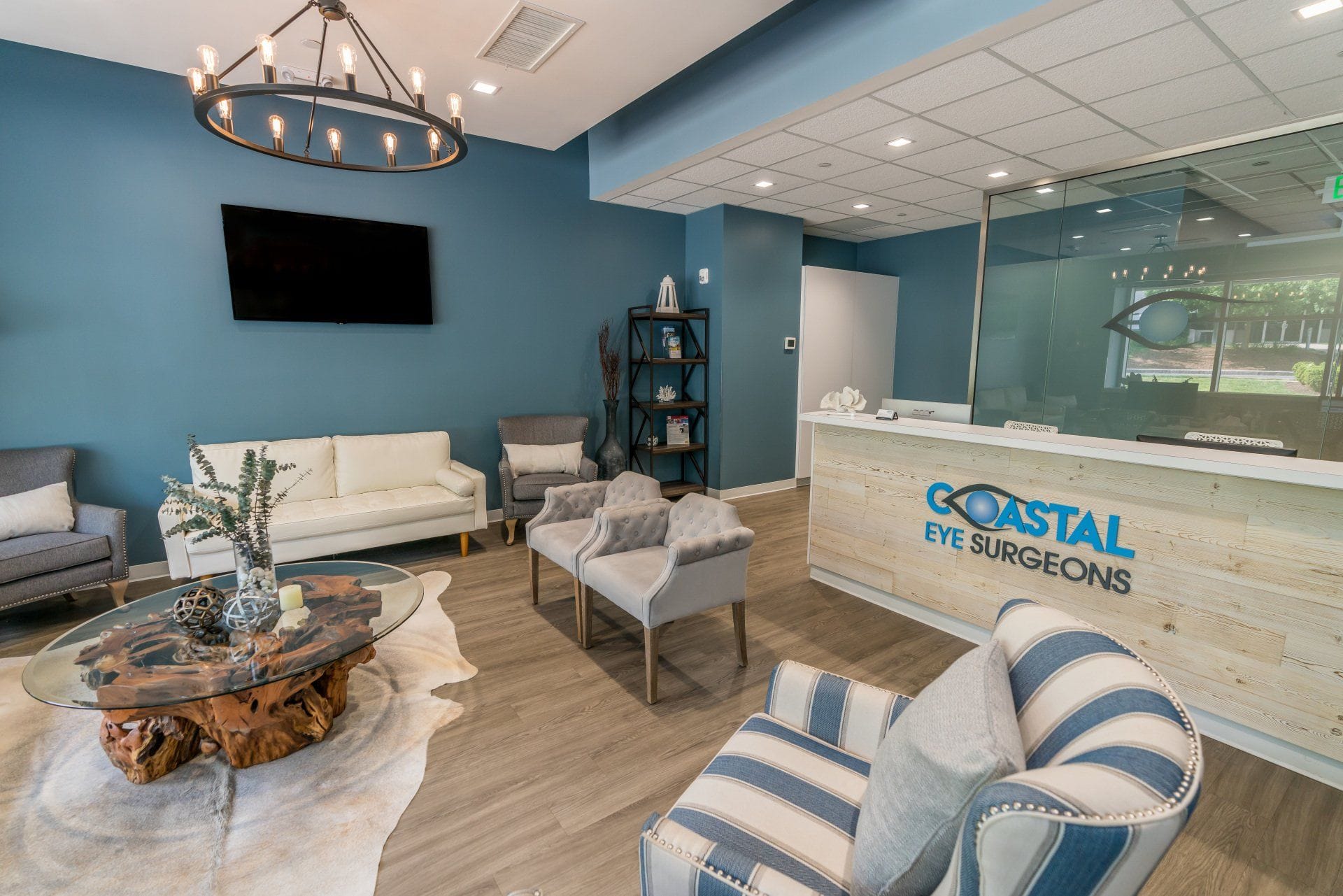
Learn about how Cataract Surgery and Dementia are linked:
What is Cataract Surgery?
Cataract surgery has become one of the most useful, helpful, and common surgery among older individuals as they attempt to preserve their crippling vision. It’s a safe, effective, low-risk, high-reward, and quick surgery that results in improved vision for over 90% of patients.
During the surgery, your eye surgeon will replace your eye’s natural lens with an artificial lens, also known as an intraocular lens. The new lens works the same way as your old one, except it’s not cloudy. The procedure, which is done on an outpatient basis, takes 10-20 minutes.
Many patients report improved vision immediately following surgery, while others might not see results for several hours. Your vision will continue to improve for up to one month following surgery, at which point your vision will likely be better than ever before – which is a relief!
What is Dementia?
Dementia is an umbrella term that refers to a number of medical conditions characterized by abnormal changes to your brain health and cognitive function. It generally refers to a loss of memory, critical thinking skills, problem-solving ability, language, vocabulary, and much more.
There are a number of different types of dementia. Alzheimer’s disease is the most common, occuring in 60-80% of all dementia cases. Other types include vascular dementia, Lewy body dementia, frontotemporal dementia, Huntington’s disease, Parkinson’s disease, and more.
In addition to the many cognitive changes one experiences with dementia, they’re also subject to a number of different behavioral, emotional, and social changes. In those with dementia, the symptoms severely impact the individual’s ability to live a happy, healthy, and rewarding life.

Is There a Relationship Between Cataract Surgery and Dementia?
Cataracts and dementia are two things that are bound to happen as we age. The older we get, the worse our eye health and cognitive health get – it’s the normal cycle of life. While that might be disappointing, there are several things you can do to slow down its progress or development.
For the longest time, researchers saw no major relationship between cataracts and dementia – despite both being a part of the aging process. With a recent study that was conducted between 2019 and 2021, researchers are saying cataract surgery might reduce one’s risk of dementia.
In fact, the study found that cataract surgery is ‘associated with a 30% lower risk of dementia.’ It followed the cognitive health and function of 3,000 older cataract surgery patients. That means roughly one of every three patients in the study had a lower risk of dementia following surgery.
There are several hypotheses as to why. One researcher believes the visual cortex goes through structural changes with vision loss. Another researcher believed not only could vision loss lead to a loss of cognitive function, but vision restoration could lead to cognitive recovery.
Warning Signs & Symptoms of Cataracts
Cataracts affect over 20 million people over the age of 40 years old. They’re one of the leading causes of vision loss and often result in blindness – especially if not diagnosed and treated in a timely manner. That’s why early detection is so important when preserving your eyesight.
Let’s take a look at some of the most common symptoms of cataract development:
- Blurry vision, cloudy vision, and hazy vision
- Poor night vision
- Light sensitivity, frequent glares
- Needing bright lights to read properly
- Seeing halos around lights
- Frequent eye prescription changes
- Colors either fading or yellowing
- Double vision in one eye
Cataracts can be dangerous in a sense that most people aren’t aware they have it and symptoms aren’t always noticeable at first. Over time, these symptoms worsen and they start to interfere with your quality of life. Luckily, cataract surgery can help you regain your life back.
When Should You Consider Cataract Surgery?
If you’re like most individuals today, then surgery is usually reserved as a last-resort option. It’s something we want to avoid as much as possible, especially considering how scary surgery can be. Don’t worry, cataract surgery isn’t scary and the benefits far outweigh the rare risks.
With that said, cataract surgery is generally considered once symptoms start to get in the way of you living a quality, healthy, happy, and rewarding life. If you’re finding it hard to read, watch television, drive, or even recognize faces you’ve known for decades, contact your eye doctor.
You should also be scheduling an annual eye exam with your ophthalmologist – maybe even more frequently for those above the age of 60 years old. This exam helps your eye doctor detect eye problems and diseases in their earliest stages, which is essential for treatment.

Contact Coastal Eye Surgeons Today!
We already knew how beneficial cataract surgery can be, but those benefits continue to surprise us as we learn more about the positive impact cataract surgery has on the human body. Not only can it help you regain your much-needed vision, but it can help improve cognitive function.
If you’re worried about your eye health, believe you might have cataracts, or want to schedule your annual eye exam with Dr. Omar Shakir, don’t hesitate to contact Coastal Eye Surgeons today. We can’t wait to help you and your family preserve your vision for the long haul.

